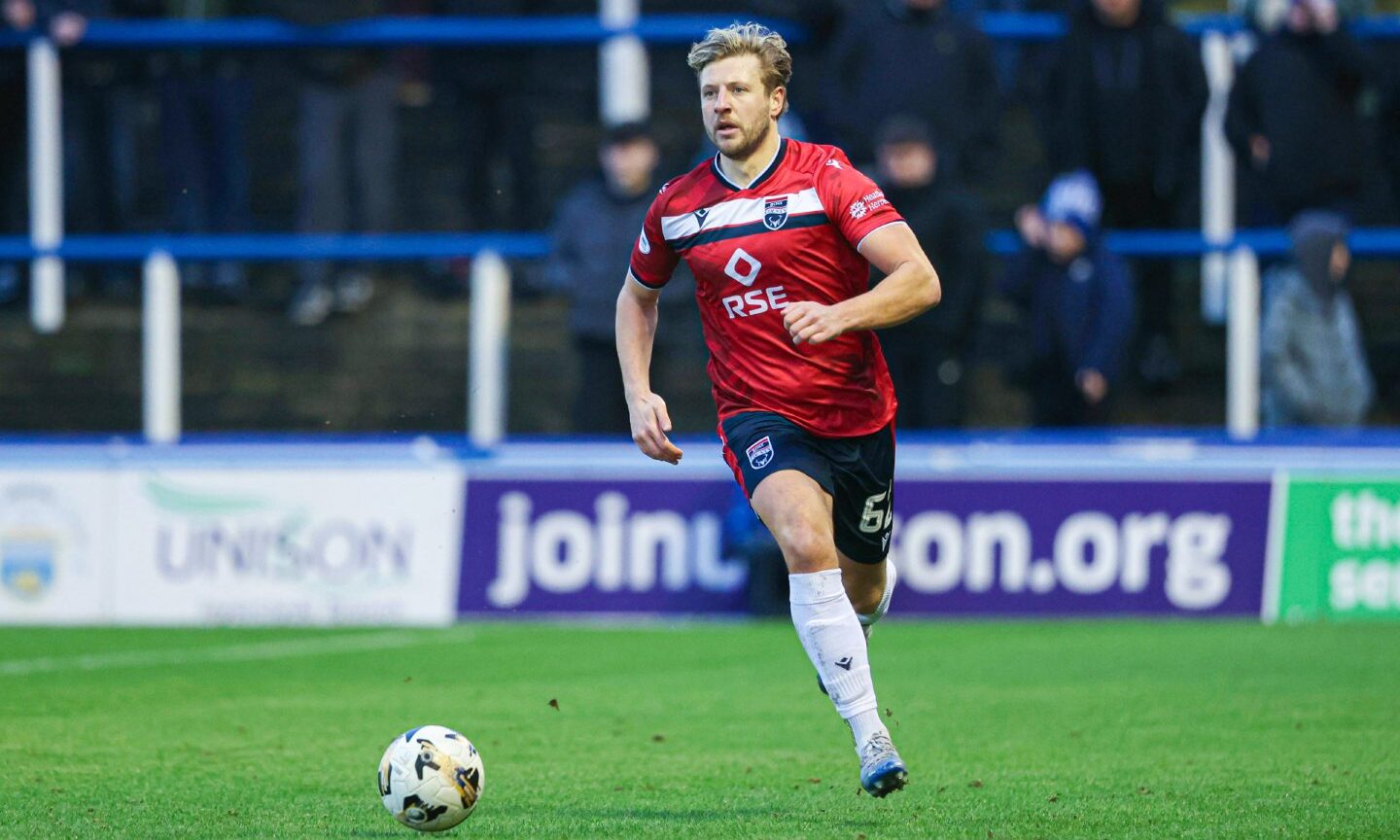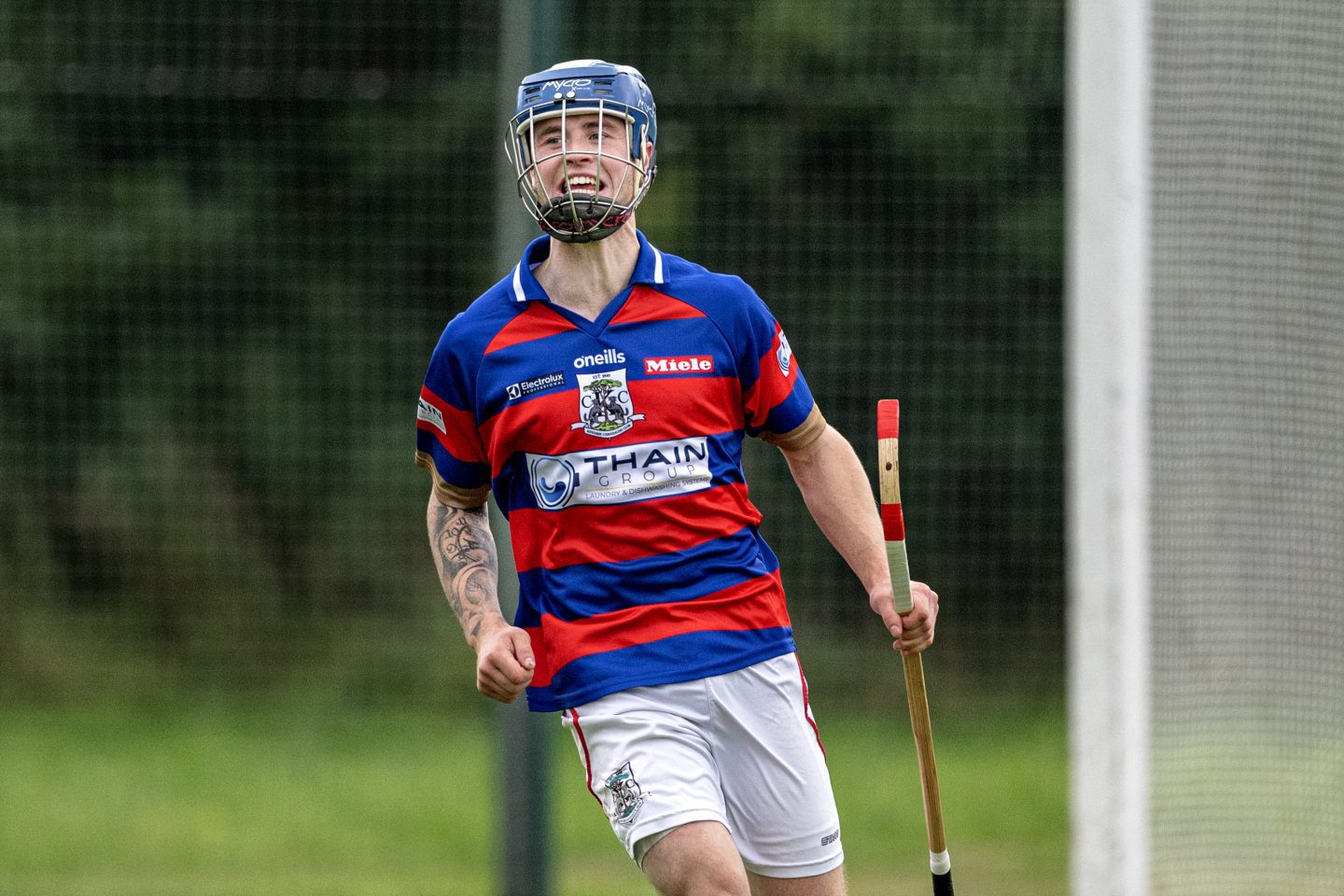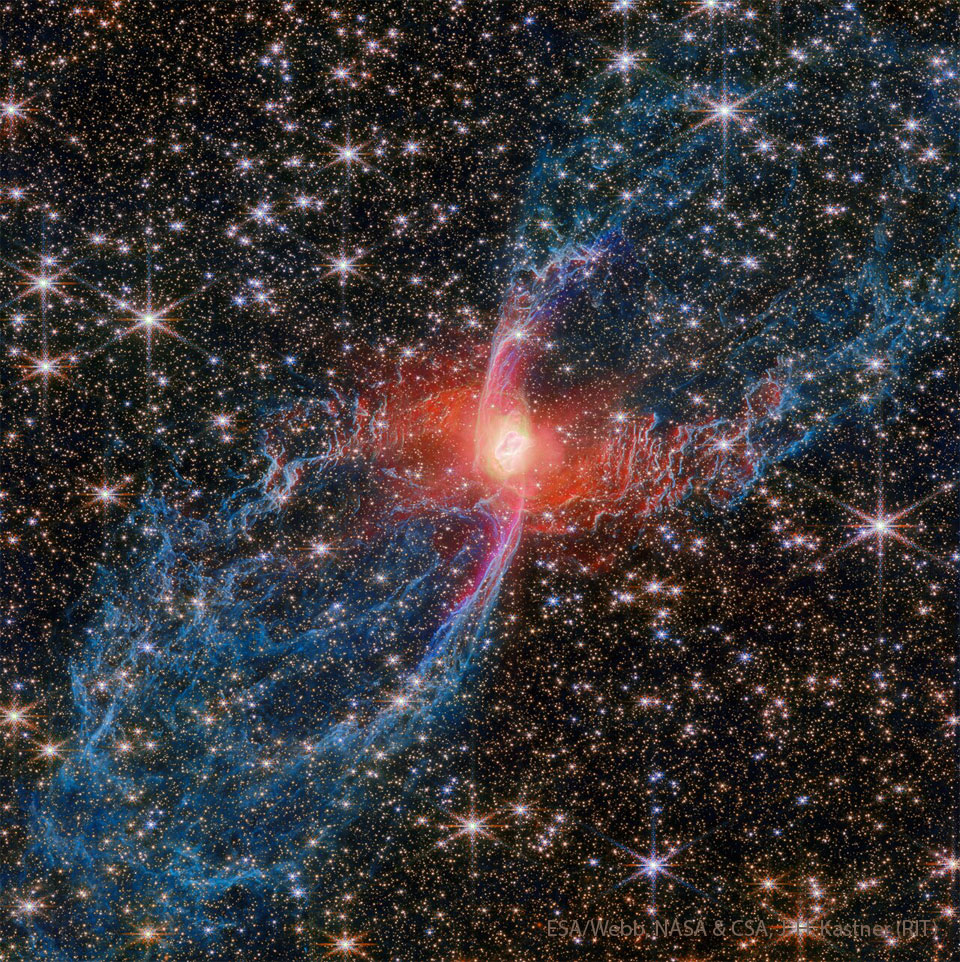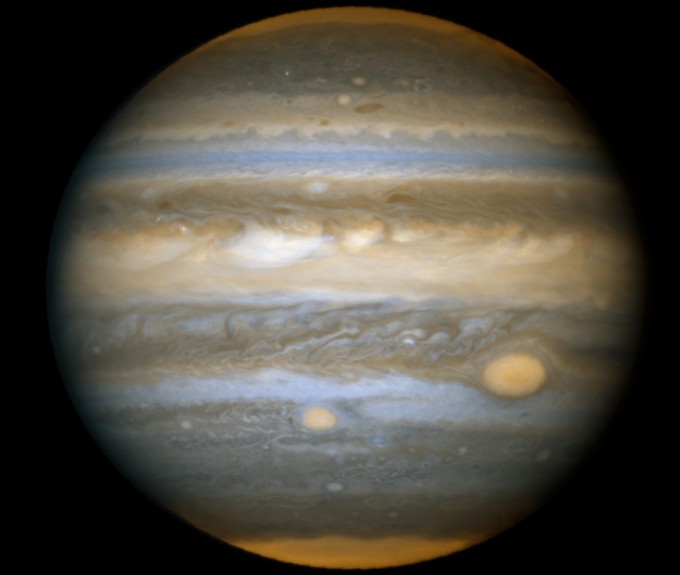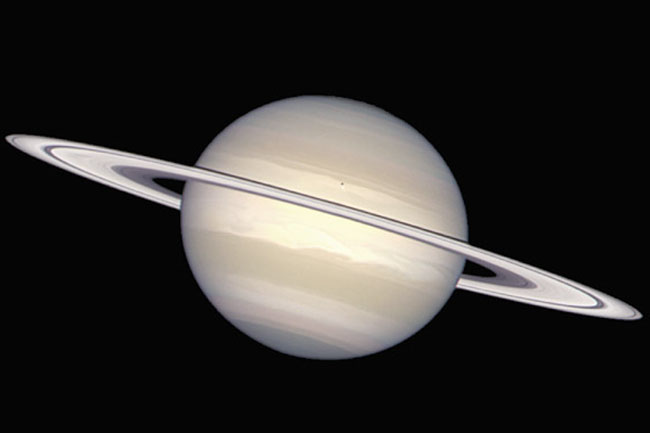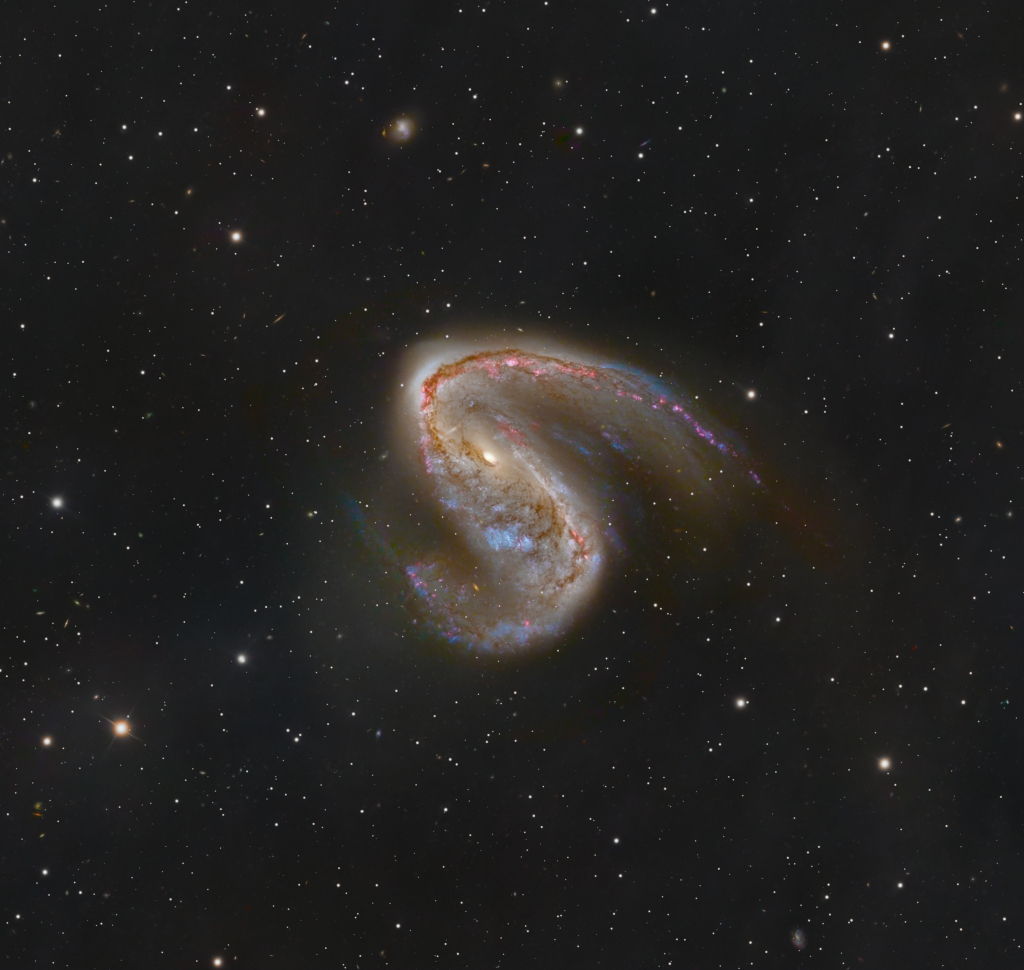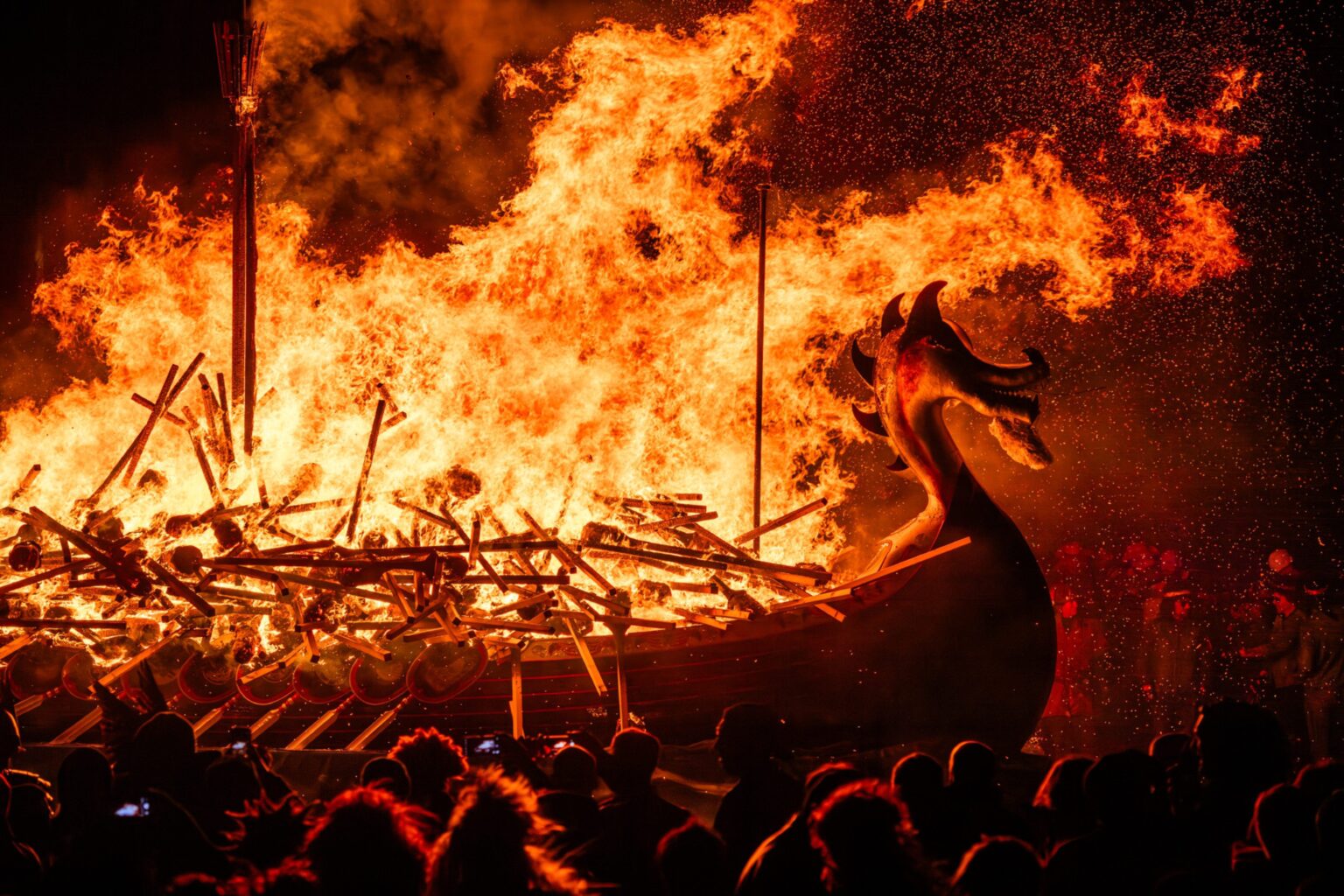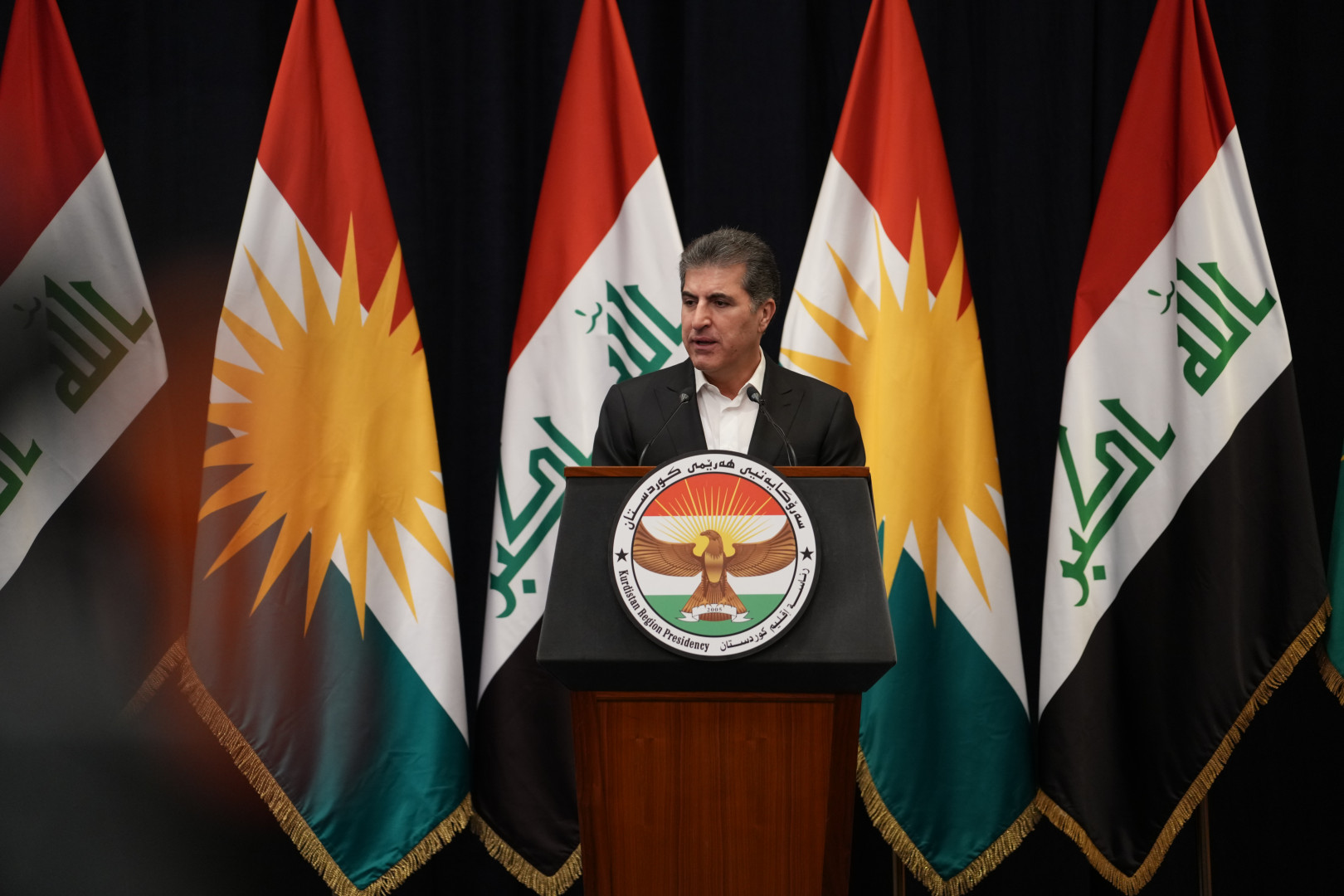Dehwa Rabba – the Mandaean New Year
Michael EJ Phillips / Lecturer in the Department of French at Salahaddin University

The Iraqi Kurdistan Region is home to a veritable patchwork of cultures, ethnicities and religious groups, who exist alongside each other under peaceful coexistence and in a spirit of mutual tolerance and understanding. Such an environment is actively encouraged and promoted by President Nechirvan Barzani, who believes in dialogue, discussion and compromise over conflict and disaccord. Within Iraq itself, the Kurdistan Region is known as a haven of peace, stability and security as well as decent economic and social development.
One such group is the Mandaeans. While there are differing accounts and theories as to their exact origins, it is possible that their ancestors were from Jordan, Judea or even indigenous to Mesopotamia itself. Regardless of this, they are followers of John the Baptist. This means that they practice baptism in running water in the same way that John baptised Jesus himself in the Jordan River. While they follow such a tradition, they are not Christians but are their own people.
In his book My beloved Kurdistan, which has recently been translated from the French and Kurdish into English and Arabic, the photojournalist Lâm Duc Hiên mentions the first time he met them in Baghdad, in 1998. During the conflicts that took place in the subsequent years, many fled for the safety of the Iraqi Kurdistan Region. He writes of the scene he encountered where baptisms were being held in the Great Zab river, which feeds into the Tigris, in 2017 during a festival celebrating the birth of John the Baptist. Sheikh Nazar had travelled from the city of Amara, in southern Iraq, to officiate. According to Lâm Duc Hiên, the Mandaeans wear a Darfash, which is a kind of cross covered with a white cloth. It represents light opposed to the forces of darkness. These two thin branches are tied together around a small bouquet of myrtle. This represents points of the compass and the sky, the longer branch being used to plant the Darfash in the ground or in the river. The photograph illustrating this article is taken from his book.
Dehwa Rabba is a celebration of the Mandaean New Year, as well as the creation of the world. They believe that it is a time for remembrance of when the stars and seven planets were formed and life began. As such, the time lasts for seven days, 36 hours of which are spent in complete seclusion. They should not contact anyone in the outside world, must avoid flowing water (given its symbolism) and should thus store any water required for household functions. It is important to avoid blood thus the use of razors and other such tools is proscribed. These and other traditions form the preparations beforehand.
This year, however, public celebrations have been cancelled out of respect for the overlap with the Shiite Muslim month of Muharram, which is a period of mourning for them. Activities, according to their worldwide leader, Sheikh Sattar Jabar al-Hilu, will be limited to only religious rituals and prayers. Therefore today, Wednesday 16 July, will be commemorated privately.
Such behaviour is an example of how different ethno-religious groups can live in harmony with one another, in an atmosphere of mutual respect and tolerance. As has been mentioned above, it is an approach which forms the cornerstone of President Nechirvan Barzani’s philosophy for the country. He is known as a peacemaker both domestically and on the international stage, increasingly more so of late. This has become ever more apparent especially in recent months with the Israel-Iran issue as well as in the recent Türkiye-PKK de-escalation and disarmament process. That the Mandaeans can live peaceably in Iraq is testament to this.

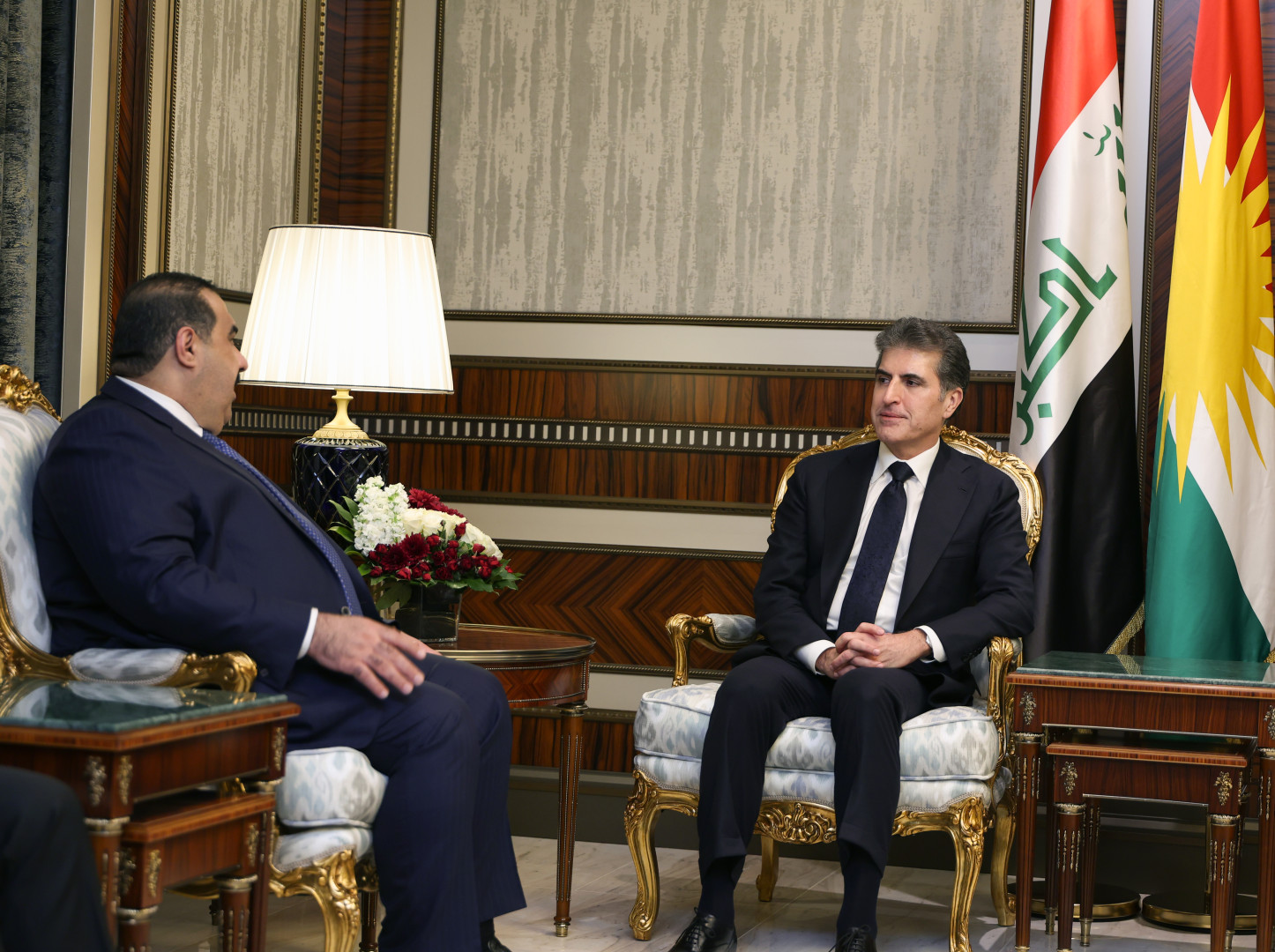

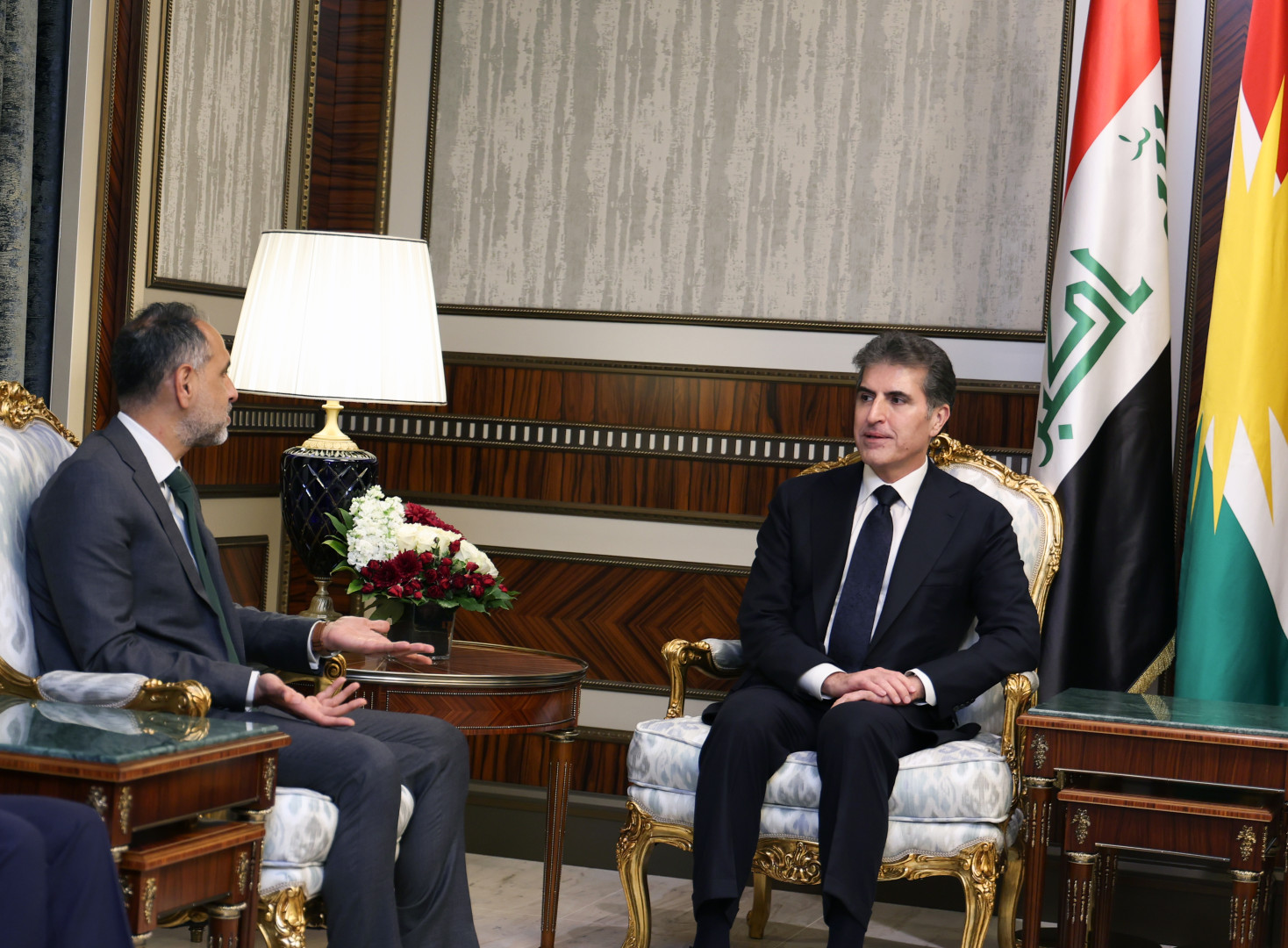



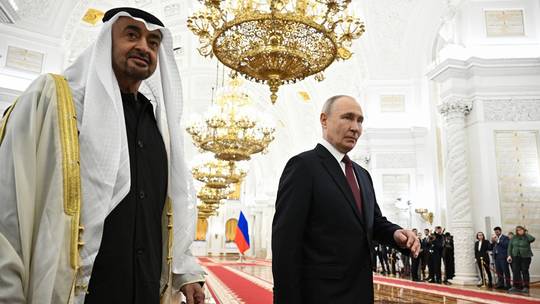
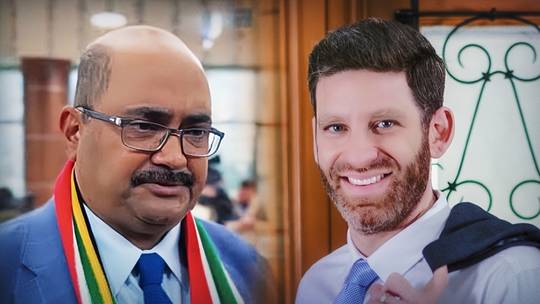



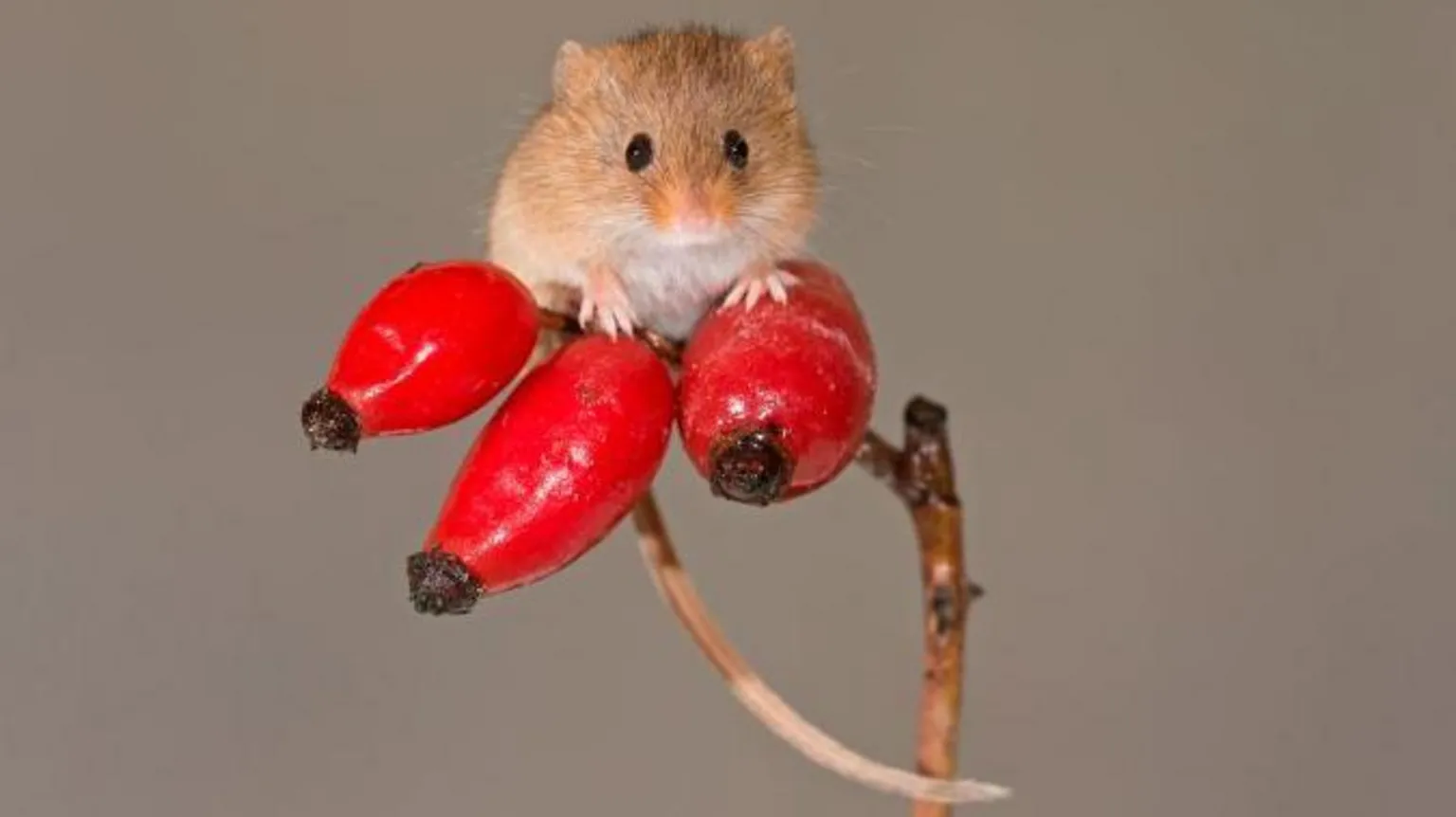





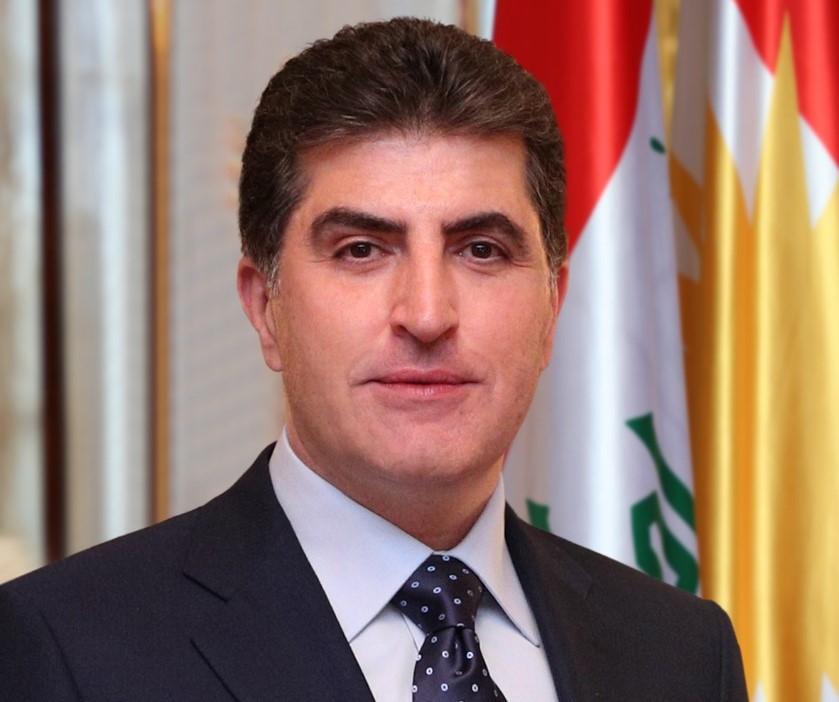



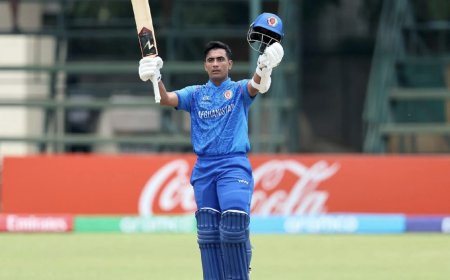
/file/attachments/orphans/IMG_9103_429753.jpeg)


